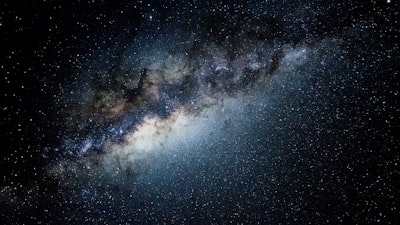Imagine waking up to find not just an Amazon package, but rocket debris from space in your backyard. As more rockets take off and satellites whirl overhead, we're entering an era where human conflicts aren’t just earthbound—they’re interstellar. For centuries, nations have wrangled over land and sea, but now, the final frontier is introducing brand new questions: Who’s responsible for the junk we shed in space and the cosmic litter that falls back to Earth?
The Outer Space Treaty of 1967, a relic of the Cold War, says space belongs to all humankind—and that countries bear responsibility for objects they launch. Yet, like forgotten satellites, the rules are aging and a little out of orbit themselves. As private companies like SpaceX put more rockets in the sky, the boundaries of jurisdiction become as hazy as the stratosphere. What does liability look like when a booster lands in your cornfield or a fuel tank crash-lands in a neighboring country?
Here’s a wild historical parallel: In 1978, a Soviet satellite, Cosmos 954, scattered radioactive debris over Canada. Canada sent the USSR a bill—and they actually paid part of it. Today, with rocket launches happening every week and global players that include billionaires and nation-states alike, could we see a cosmic small claims court, or even orbital insurance becoming as routine as car coverage?
And, in a time when environmental consciousness drives every policy, maybe it’s time to ask: Should our stewardship extend from oceans and forests to the spaces between the stars—and the places our rocket dreams come crashing down? Perhaps the next great activist movement will wear not green but silver suits, and fight for the right to a debris-free atmosphere.
This article was inspired by the headline: 'Mexico’s president threatens to sue over SpaceX debris from rocket explosions'.

Comments
No comments yet. Be the first to comment!